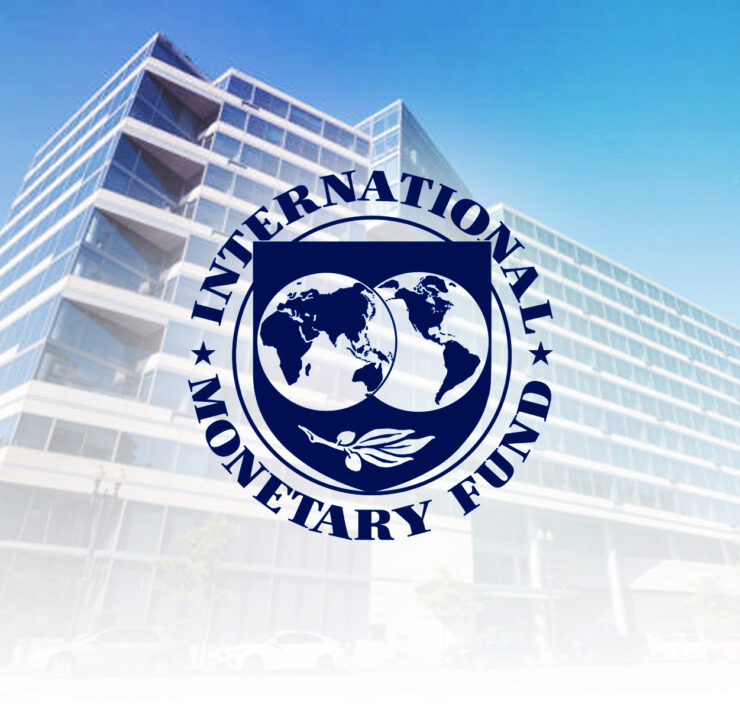IMF joins others, cuts PH growth outlook on tariff woes

The International Monetary Fund (IMF) trimmed its growth forecasts on the Philippines, joining other multilateral lenders in tempering expectations for the economy as higher US tariffs threaten to bite exports and investments.
Following its annual staff visit, the Washington-based institution said it now projects the Philippine economy to expand 5.4 percent this year, slightly below its earlier estimate of 5.5 percent. Growth next year is expected at 5.7 percent, compared with the previous forecast of 5.9 percent.
The IMF’s downgrade makes it the latest to temper expectations for the Philippines. Earlier this week, the Asian Development Bank held its 2025 forecast at 5.6 percent but trimmed its 2026 projection to 5.7 percent from 5.8 percent.
In June, the World Bank projected growth of 5.3 percent this year, 5.4 percent in 2026 and 5.5 percent in 2027, and is expected to release updated estimates soon.
Gov’t target
Taken together, the forecasts cluster near the low end of the Marcos administration’s targets of 5.5- to 6.5-percent growth for 2024 and 6 to 7 percent by 2026.
“The revision reflects factors related to the first half performance, which was weaker than expected,” Elif Arbatli Saxegaard, who headed a visiting IMF team, said in a press conference in Manila on Wednesday. The local economy grew by 5.4 percent in the first six months.
“The important drivers of growth would be the higher tariffs which are imposed on Philippine exports to the US. It will weigh on exports and investment. While the envisioned decline in government expenditure to meet the deficit target is expected to more than offset an increase in private consumption,” Saxegaard added.
Looking ahead, the IMF said it expected the Philippines to remain resilient despite losing some momentum amid external headwinds. The Fund suggested implementing “concrete and durable tax measures” to limit the need for restraint in priority spending and help the government make a bigger contribution to growth.
It added that the Bangko Sentral ng Pilipinas still had room “for a slightly more accommodative stance” to “reduce economic slack.”
As interest rates fall, the IMF flag risks that “warrant close monitoring,” including vulnerabilities in the local property market amid high vacancies and fast-growing consumer credit.




















